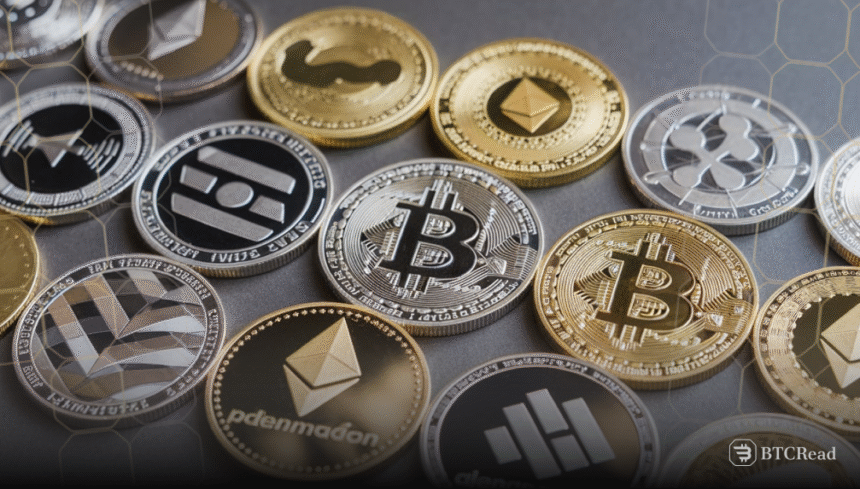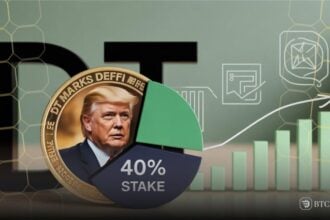Apple changed its U.S. App Store rules this week after losing an antitrust case against Epic Games. The decision allows developers to guide users to outside payment options, display NFTs owned by others, and integrate certain crypto-related features more freely, potentially expanding the use of blockchain-based assets within apps.
The move follows a federal court decision to strike down a 2021 ban in which Apple prohibited developers from linking to third-party platforms and taking a large commission on external payments. Apple has reversed its grip on developers to use buttons or links to direct users away from in-app purchases.
This will open new avenues for crypto- and digital collectibles-focused mobile apps. The apps can also enable users to browse previously unavailable NFT collections through Apple’s store. The changes only apply to the U.S. App Store and not to worldwide storefronts.
Crypto developers welcome new App Store rules
The update has been welcomed within the crypto community. The update has been seen to open up space for greater innovation in crypto-enabled mobile apps by developers. NFT marketplaces such as OpenSea have frequently been hindered by Apple’s previous guidelines.
Users were able to browse NFTs but were unable to purchase them in-app. Now with fewer restrictions, developers will be able to make more open and interactive platforms. Apple has retained some strict regulations nonetheless. Apps are prohibited from rewarding users with tokens in return for performing certain tasks.
They are also prohibited from launching new cryptocurrencies with initial coin offerings. Mining digital assets on the device is prohibited. A workaround to previous regulations has been to integrate browsers into platforms.
Nevertheless, Apple has maintained some stringent regulations. The applications cannot reward tokens for task fulfillment. They are also prohibited from supporting new cryptocurrencies launched with initial coin offerings. Mining digital assets on the device is also prohibited.
Apple loosens grip on crypto purchases
Some apps circumvented previous regulations by incorporating browsers into their platforms. That way users were able to make purchases through a different payment system than Apple’s. Examples of apps that take this approach include Magic Eden by replicating functionality found in wallets like MetaMask or Coinbase. Such tools give users control through self-custodial wallets.
Apple is following a larger pattern. Google modified its Play Store policies in 2023. It enabled NFTs to access content in apps, wherever purchased. Google also made blockchain-based apps clearly identifiable. Now Apple’s update is moving it in that direction, although its restrictions on crypto continue to be severe.
The court decision was a victory for developers who are seeking to be less restricted on Apple’s platform. The new guidelines will have no impact on how in-app elements operate, such as purchasing additional game content. But they might trigger a surge in new crypto apps with a desire to expand in the mobile market under fewer restrictions.







